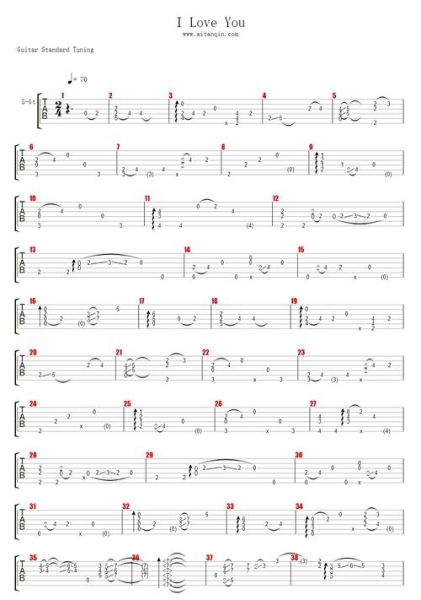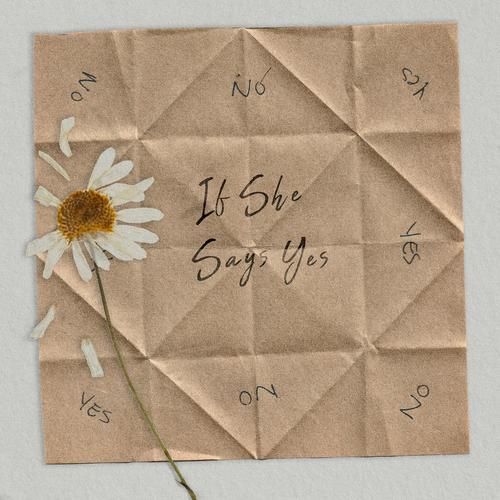Yes, you can say “I love you,” but English offers dozens of warmer, subtler, or more dramatic ways to reveal your heart.

After coaching non-native speakers for eight years, I’ve noticed that many learners treat the phrase like a grammatical checkbox. They blurt it out, then wonder why the reaction is polite rather than electric. **The problem isn’t grammar; it’s emotional bandwidth.** English speakers expect the feeling to be shaded by context, timing, and tone. If you rely on the textbook default, you sound like a voice assistant confirming a command.
Ask yourself: has this person seen me at my least impressive and still leaned in? If yes, the emotional runway is clear. If no, any grand declaration risks sounding like a performance. I once advised a software engineer to wait until his partner mentioned feeling “weirdly calm” during a delayed flight. That tiny admission of trust became the green light for a heartfelt “I’m crazy about you.”
| Medium | Emotional Payload | Risk Level |
|---|---|---|
| Voice note at 2 a.m. | Intimate, slightly reckless | Medium |
| Handwritten letter slipped into a book | Time-capsule sincerity | Low |
| Instagram story tag | Public validation | High |
My rule: **match the permanence of the medium to the permanence of the feeling.** A tweet evaporates; a letter can be re-read during fights, making it a silent referee.
Only when all three answers tilt toward generosity should you press send.
English absorbs emotion like a sponge. Dropping in a non-English phrase can act as an emotional highlighter. I’ve seen “Je t’aime” soften the edges for French learners, or “Te quiero” add rhythmic warmth for Spanish speakers. **Just provide a micro-translation so the moment doesn’t become a vocabulary quiz.**

Silence isn’t necessarily rejection; it can be processing time. Once, a client’s partner replied, “Thank you for telling me,” then circled back three days later with a poem. The interim gap felt like forever, but it allowed genuine reciprocity to form. **Protect your own heart by anchoring the declaration to your values, not their response.**
These tiny dispatches keep the emotional thread alive without demanding immediate bandwidth.
Paradoxically, withholding the exact phrase can amplify its presence. A friend ends every call with “Drive safe, text when you land.” The subtext screams “I love you” so loudly that the actual words became redundant. **Sometimes, the most sophisticated expression is the one you let the other person feel rather than hear.**

发表评论
暂时没有评论,来抢沙发吧~